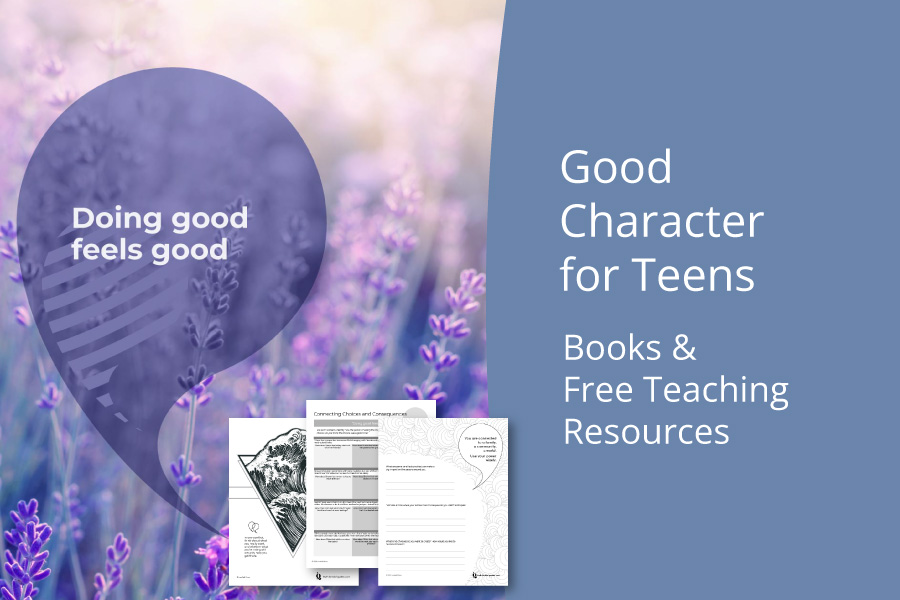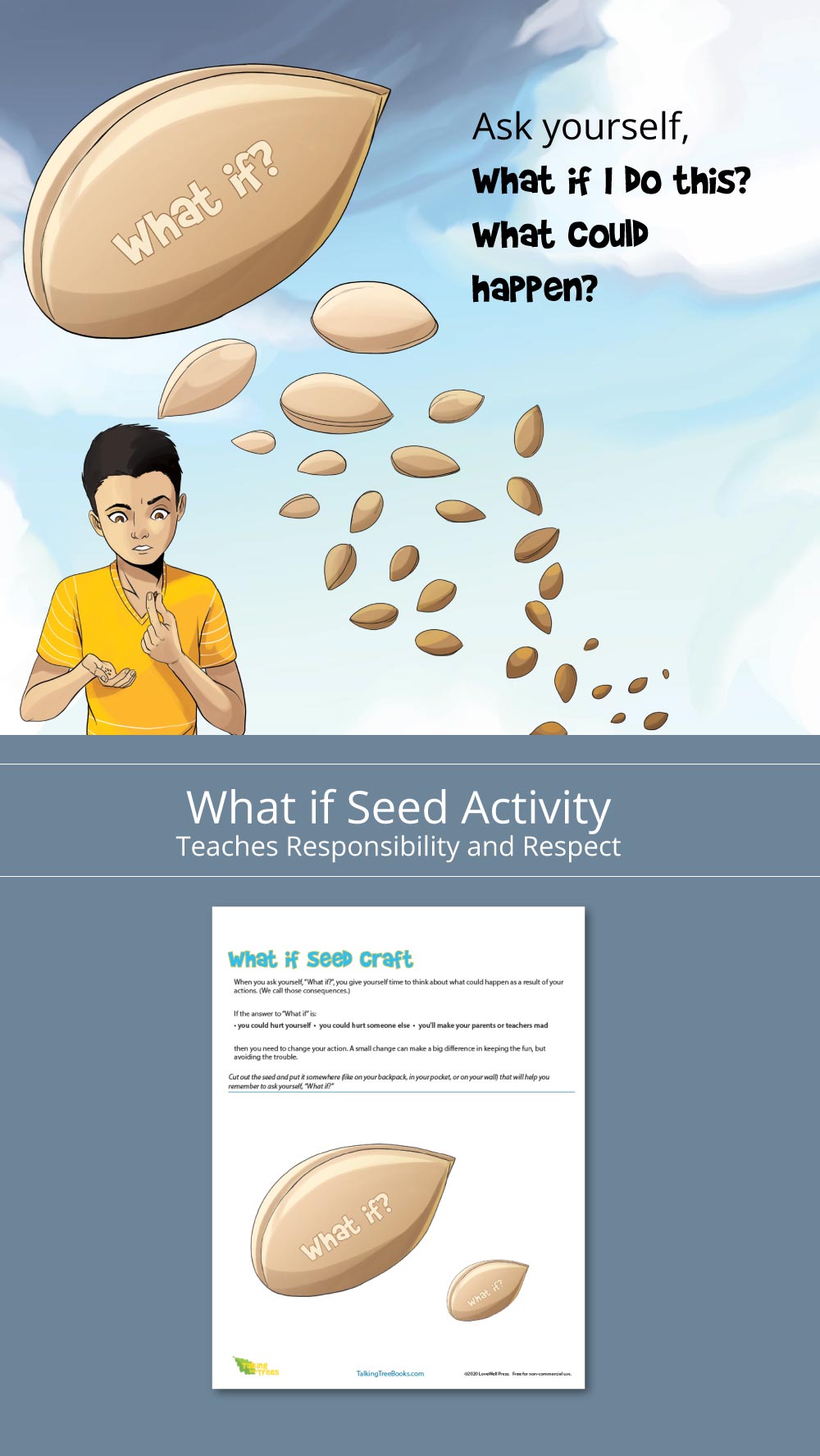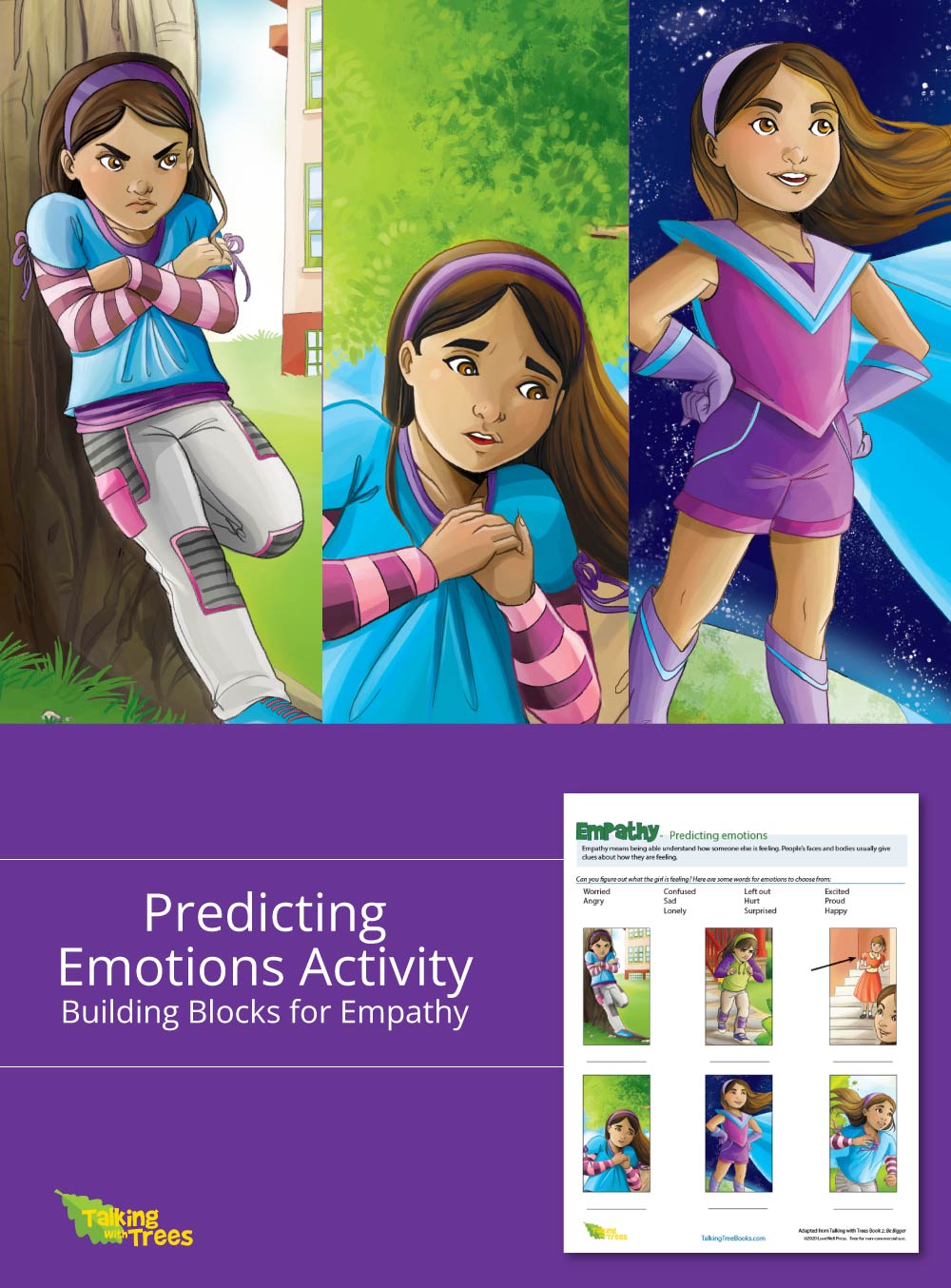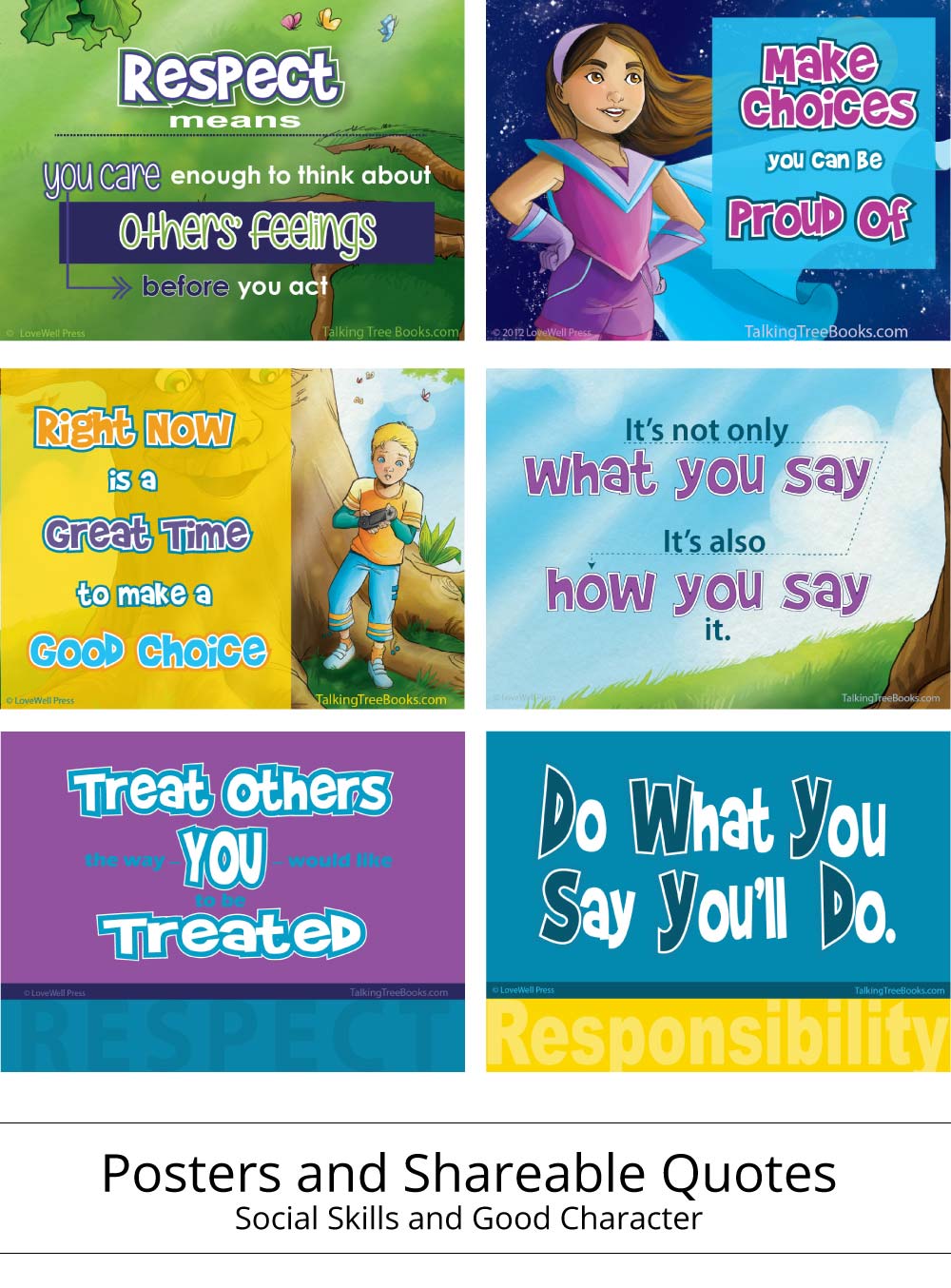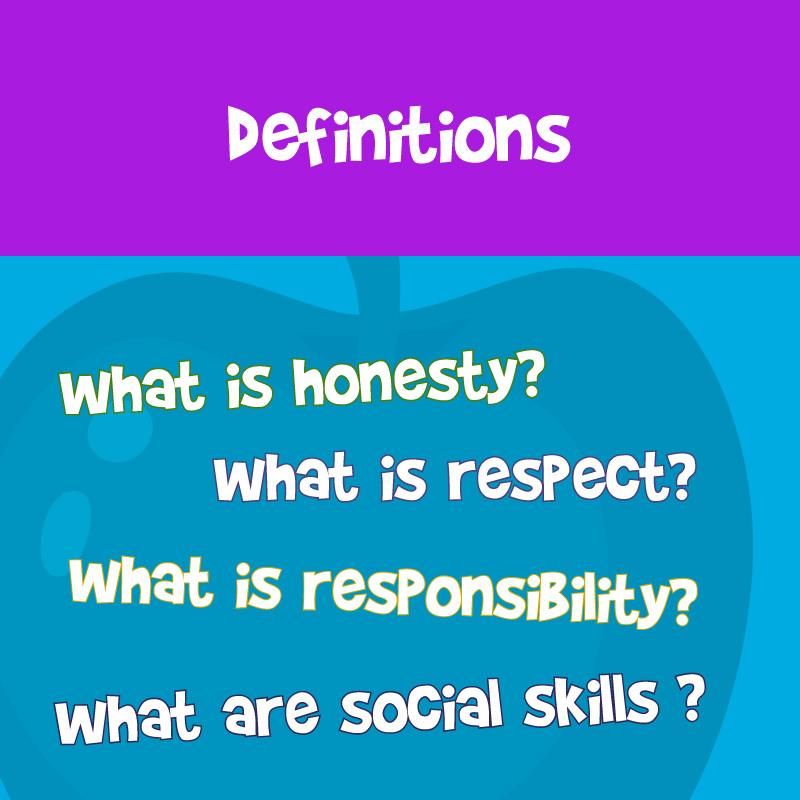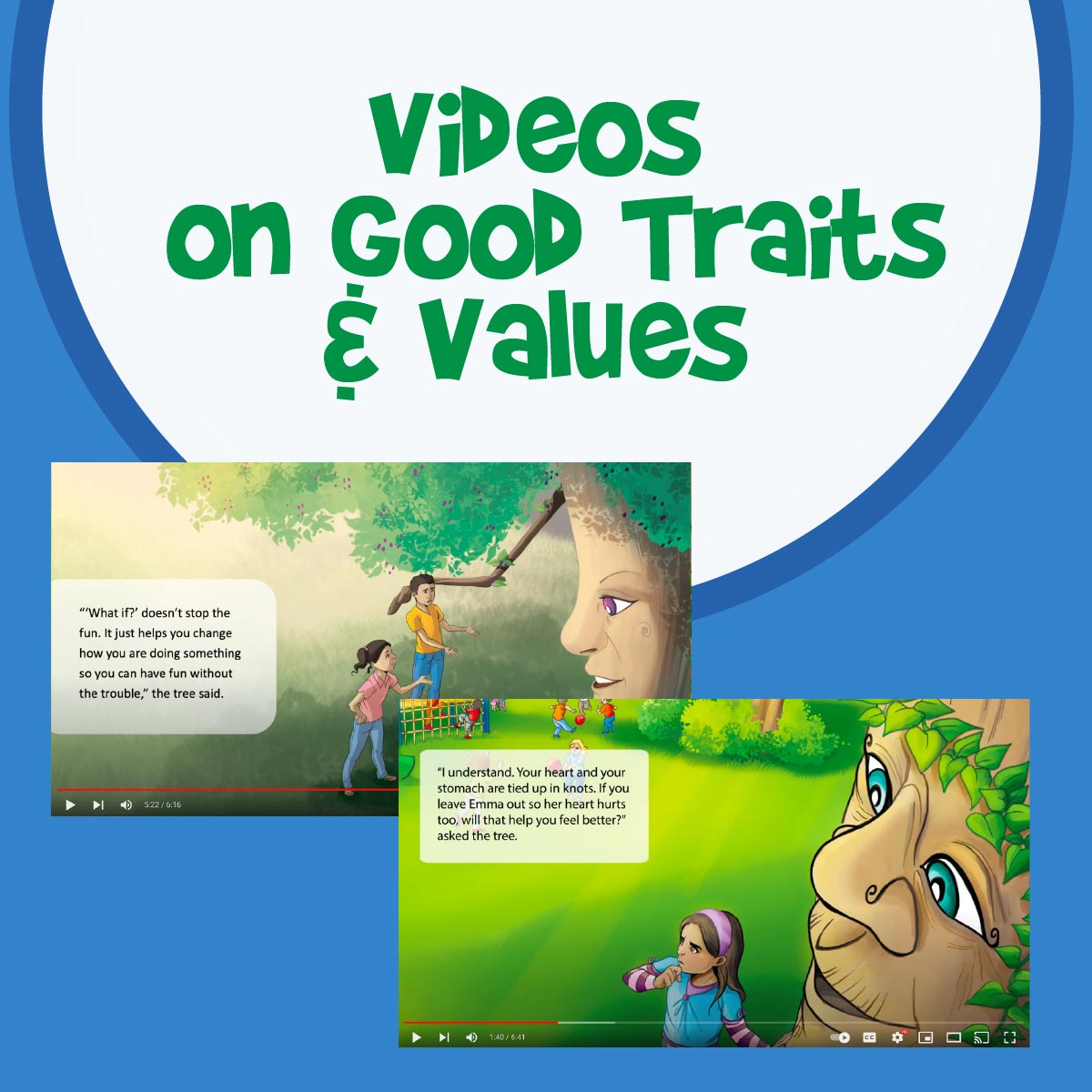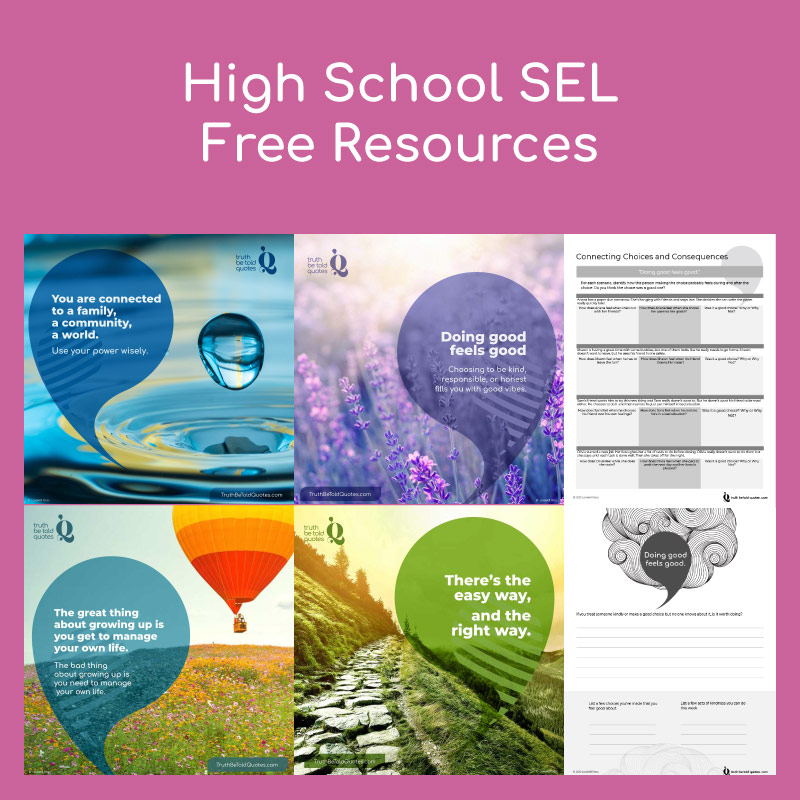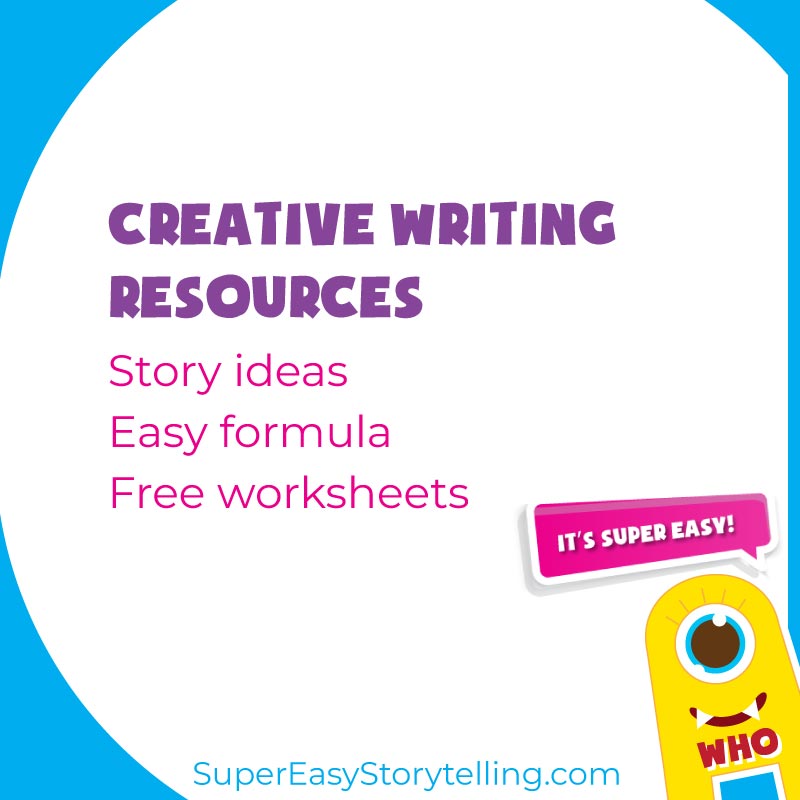3 Easy Social Emotional Skills Activities To Change Kids' Behavior for the Better
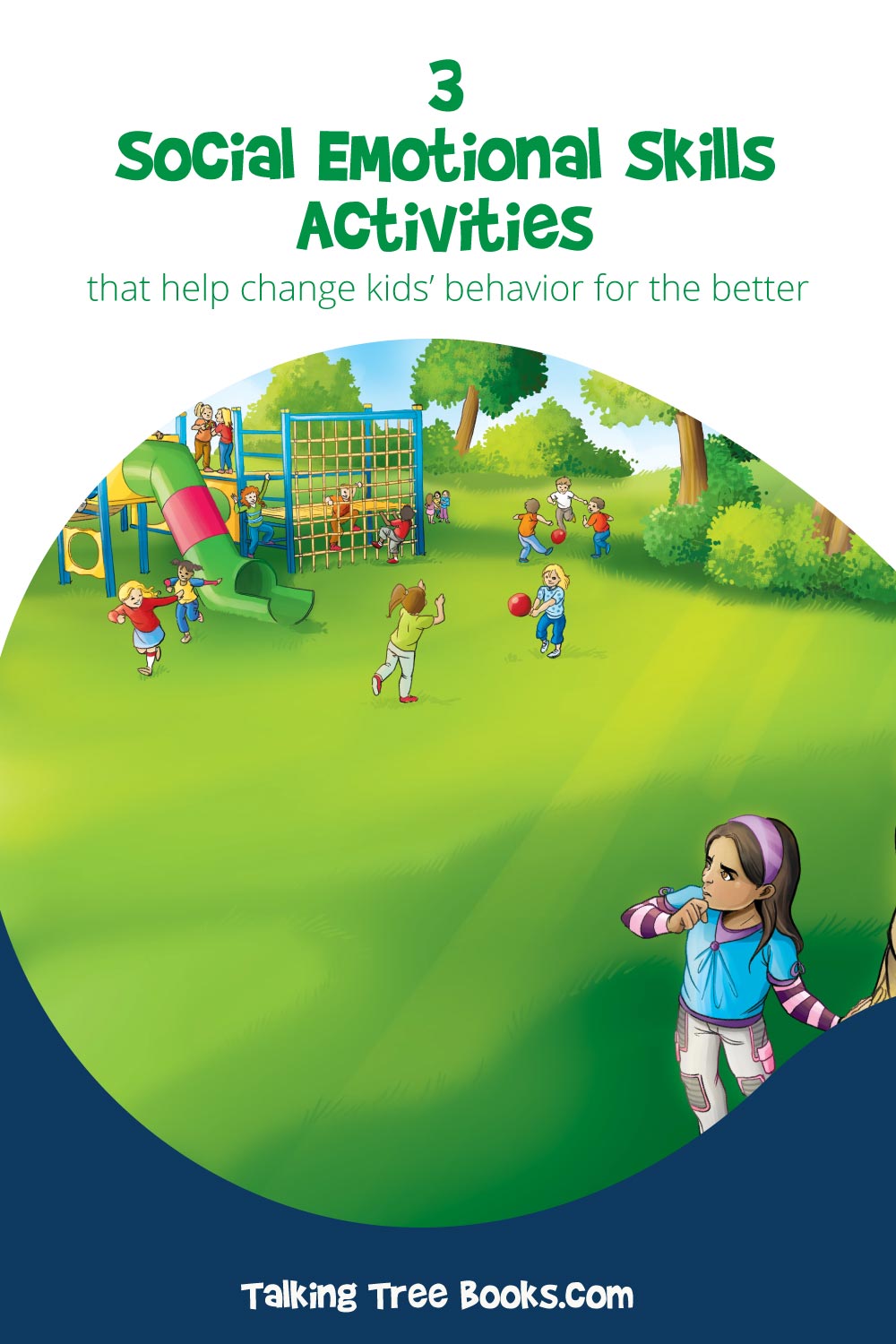
It’s summertime, and that means lots of time with our kids. On the one hand, summer is a great time to give kids more space to explore and manage themselves. On the other, it’s a time when we parents see some behaviors up close and realize that we really need to help our kiddos build their social emotional skills so they can keep themselves healthy and play well with others.
Amidst all the wonderful summer freedom, do you find yourself in your child’s latest messy situation ready to blurt, “What were you thinking?” Has the phrase “How would you feel if they did that to you?” become a daily mantra? You’re not alone. Summertime is one of those intense periods when we parents realize social emotional learning is really important for our child’s ability to play independently without hurting themselves, and to play well with others without constant conflict.
Build Social Emotional Skills that Help Behavior Issues
If you’re seeing some behavior issues this summer, building social emotional skills can help prevent those same issues from coming up over and over again. Plus, social emotional skills actually help kids build essential life skills like:
Self-awareness- A healthy child needs to be able to identify how they are feeling. Being aware of our own emotions helps people more consciously choose how to act (instead of react) and it helps kids in their ability to express what they need if they're struggling.
Empathy- Children learn how to predict what other people may be feeling, and to anticipate how their actions might impact others. Empathy is an important skill for knowing how to get along with people in our families, at school, and ultimately at work and in our adult relationships.
Self-control- When children learn how their choices create positive or negative outcomes, they are better able to choose to do the thing that’s good for their own wellbeing and for their interactions with others.
3 Activities to Build Social Skills
We’ve pulled together a few of our essential social emotional skills activities to help your summer go a little more smoothly. If you don’t see what you’re looking for, explore the full activities catalog or our blog which has lots of ideas to address specific social emotional skills and behavioral issues.
1. What If Seed Activity
Teach kids to think about consequences before they act
This activity is a particular favorite because it comes from something my mom taught me when I was young. Before I went out to play, she’d say, “Remember to ask yourself, ‘What if?’” She was offering me a timely reminder that I needed to think about how my actions might create different types of consequences. She was teaching me to be responsible, but used a few simple words a child could understand. This phrase, “What if I do this? What could happen?”, helped me think a few steps ahead so that I could keep myself safe, and keep from hurting others.
Whether a child is thinking of building a ramp for their bike using power tools, climbing the pantry shelves to reach the marshmallows, or being mean to a sibling when they're upset, asking "What if?" can help prevent everything from hurt feelings to emergency room visits. (If these examples seem oddly specific it's because they are all things my kids did when they weren't asking "What if?")
I still made mistakes (like my kids did), and then Mom would bring the lesson around again to help me learn and grow. When I had created a mess for myself, she would gently ask, “Did you ask yourself, ‘What if?’” and she would give me the opportunity to figure out what I could have done differently.
This social emotional learning activity is about helping children become more self-aware, to act with more self-control, and to see that they have control in their own lives to create the types of outcomes they want. It helps them work on taking responsibility and treating people with respect. Plus, it sets them up to develop a healthy sense of agency that is so important to mental wellbeing throughout life.
Here's how it works:
Teach the lesson about "What if?"
Start by reading the book What if ? (or watch What if on video here) and then talk about how the children in the story learned to think "What if?" before they acted. Then ask your child if they can think of instances when “What if?” would help them have a better outcome in their own lives.
Do the What if Seed Craft
Create a What if Seed with your child to help them remember to think and be responsible. You can download and print out the free What if Seed Activity here (or see the full responsiblity lesson plan). Just cut out the What If Seed to hang up where they'll see it often, or attach it to a backpack, for instance. One more idea, you could collect a small stone and decorate it to be a What If Seed that they can carry in their pocket.
Predicting Emotions Activity
Teach kids to interpret how others are feeling
Being able to interpret how others are feeling is an essential skill for life. Consider how often in adult life we need to understand how someone is feeling, or would feel, in a situation. Is your spouse having a bad day? Is your boss responding well to your proposal? We read facial expressions and body language constantly to anticipate how others are feeling and to adjust our own actions accordingly; and we start building the knowledge for how to read people and situations during our childhood. You can help your children develop this essential social emotional skill with this fun and easy activity.
Here's how it works:
The illustrations in children’s books are a great way to help children learn to identify emotions and anticipate how others are feeling. Pick up a children’s story that features expressive faces and body language so you can talk about how the characters might be feeling based on how they are expressing themselves in the illustrations.
Let’s use one of the Talking with Trees books to demonstrate. In the book, Be Bigger, we see a girl who’s thinking about being mean to a friend who hurt her feelings. Throughout the story we see her body position and facial expressions change from anger, to self-reflection, to pride. As you read the story, pause and look at the illustrations. Help your child describe what they see and talk about what the expressions and body positions might tell us about how the person is feeling. Talk about how those emotions would feel in their own body too— how does it feel when your heart is heavy, your stomach is in knots, or when you’re soaring with pride. You can also use these free worksheets or this empathy lesson plan that will guide you through how to use the Talking with Trees books to help kids learn to build empathy.
The practice of identifying emotions and connecting them to how they feel in the body not only builds empathy, it helps children build self-awareness as well. It helps give children the words to understand and describe their own experiences.
Talking with Trees Books Predicting Emotions WorksheetsSocial Emotional Skills Posters
Print a colorful reminder of the behavior you want to see.
Learning social emotional skills takes time and practice. Sometimes with all that’s going on in a day, we forget we’re trying to teach a lesson, and our kids might forget they are trying to practice a new skill. So one way to keep lessons top of mind is to print a simple poster and hang it where you and your children are likely to have a teachable moment. Explore our collection of free posters and shareable quotes. Print one out or send the image in a text.
Free Posters Catalog Quotes CatalogColleen Doyle Bryant
Colleen Doyle Bryant is the author of five books and more than 50 learning resources about making good choices for the right reasons. Her Talking with Trees series for elementary students and Truth Be Told Quotes series for teens are used in curricula around the world. Rooted in Decency, Colleen’s most recent release, written for an adult audience, explores how the decline in common decency is affecting wellbeing, and how we can build more trust and cooperation. Learn more at ColleenDoyleBryant.com

